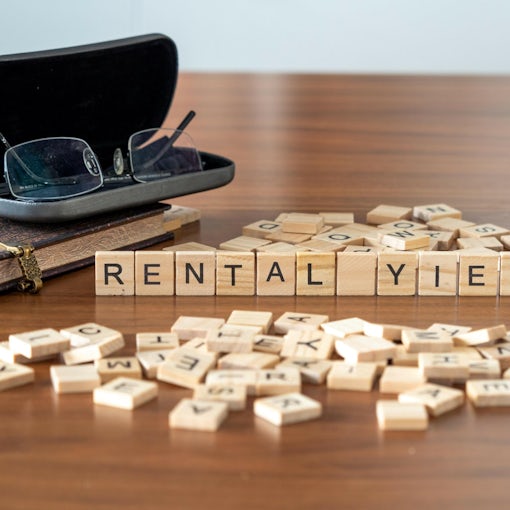The standard belief that landlords simply buy properties and let them out to people in exchange for rent payments seems fairly simple. It’s not. The number of pieces of legislation now associated with letting out a property has increased exponentially over the last decade to over 140.
The latest legislative instrument of choice by the government is the introduction of landlord licensing. In areas that suffer from high rates of anti-social behaviour, crime or drug use, local authorities are able to introduce selective licensing. The idea being that if landlords have to pay and meet certain criteria to be licenced, they will be much more selective about the type of tenants they allow in their property, reducing the concentration of criminality in troubled areas.
One of the latest to introduce the licencing is the Peterborough City council who believes that it will result in;
- A higher standard of management
- Better housing
- An improved image and perception of the area
- Greater ability of landlords to deal with rogue tenants
- A reduction in crime and anti-social behaviour
- Better waste management
- More settled communities
- A mixed and vibrant community that people enjoy living in
The concern with landlord licencing per say, according to an article in the Telegraph, is that only responsible landlords will pay for the licence, whereas ‘rogue landlords will simply continue to operate ‘under the radar’.
To gain a five-year licence, landlords must meet health and safety guidelines and be seen to be “keeping the exterior in a good state of repair and dealing with complaints about anti-social behaviour caused by tenants”. The fee for the license across the country varies greatly with some at £200, the average around £400, but they can be as high as £1,100.
Some landlords have been vocally resistant to the new landlord licensing as it has been slowly rolled out across the country, but according to an article published by the BBC, the first prosecution for failing to comply has only just been issued, indicating that the vast majority have complied.






